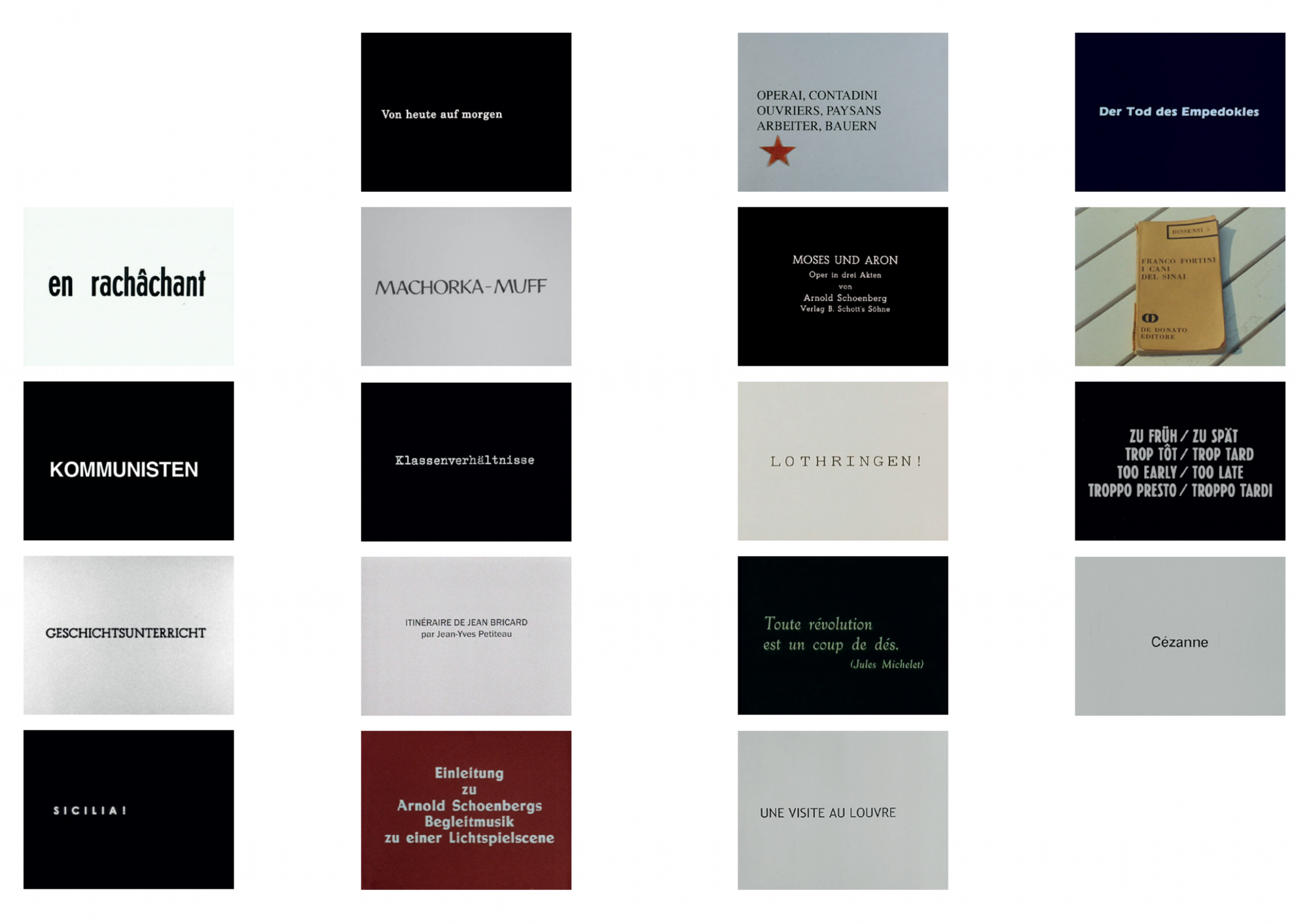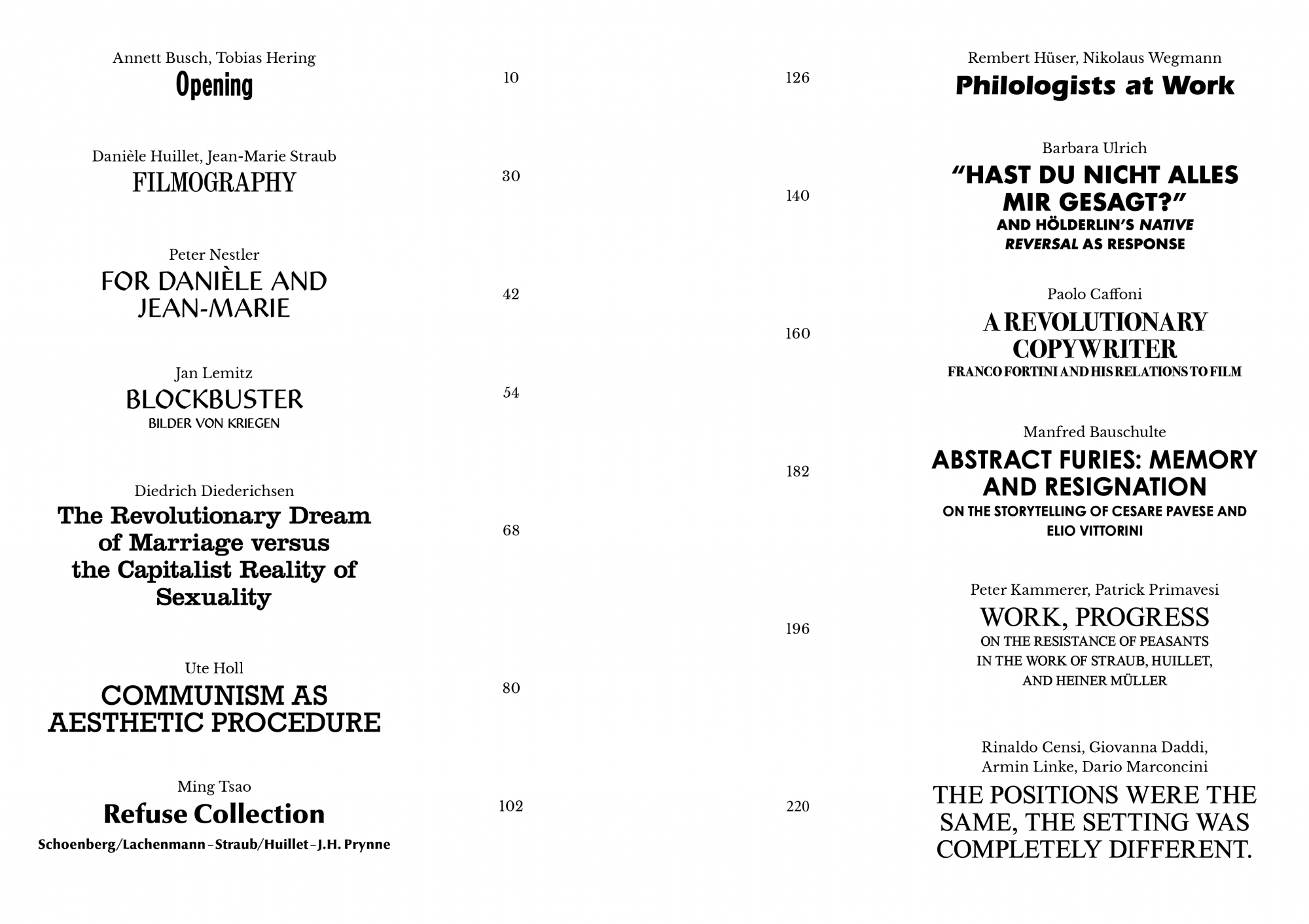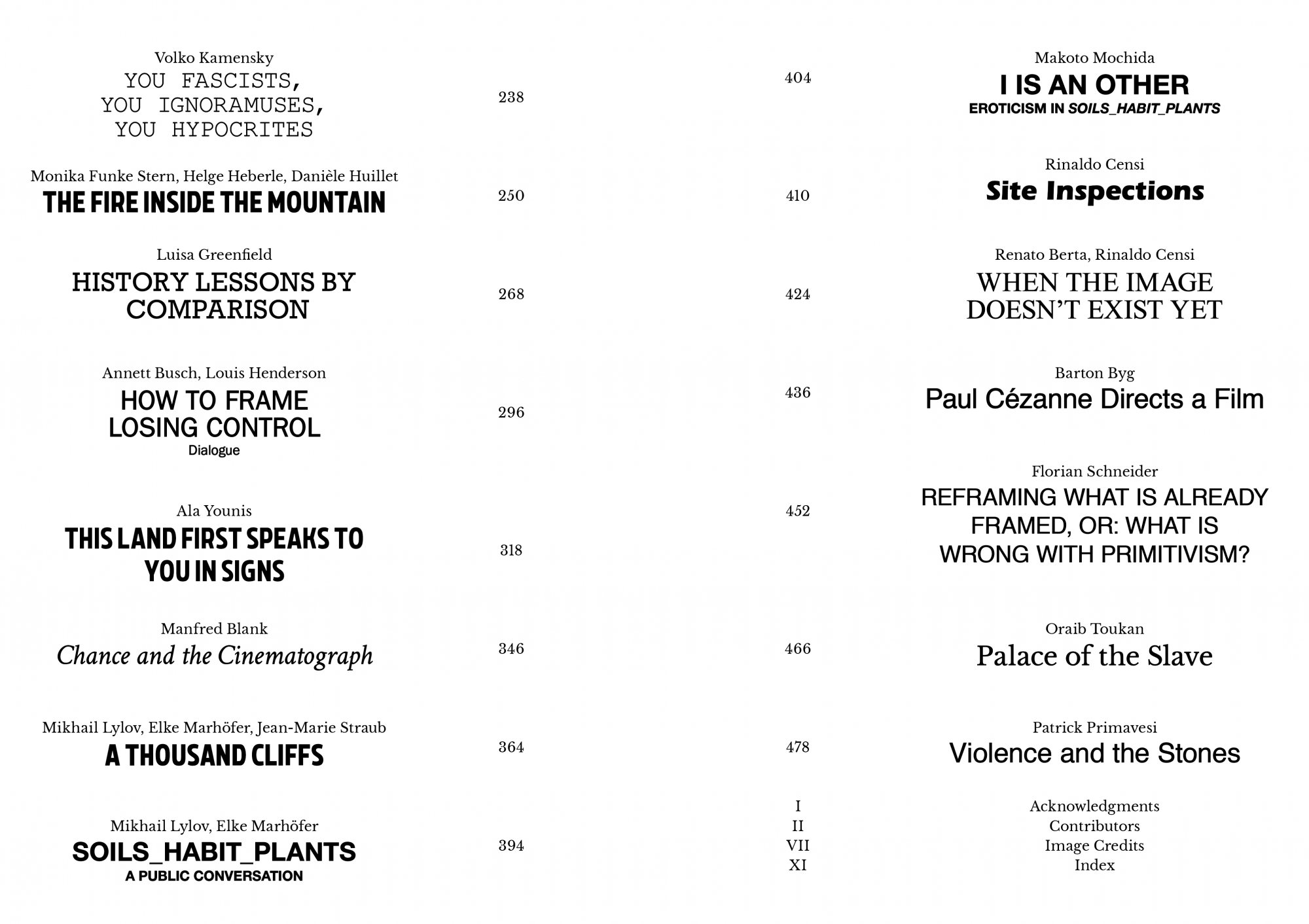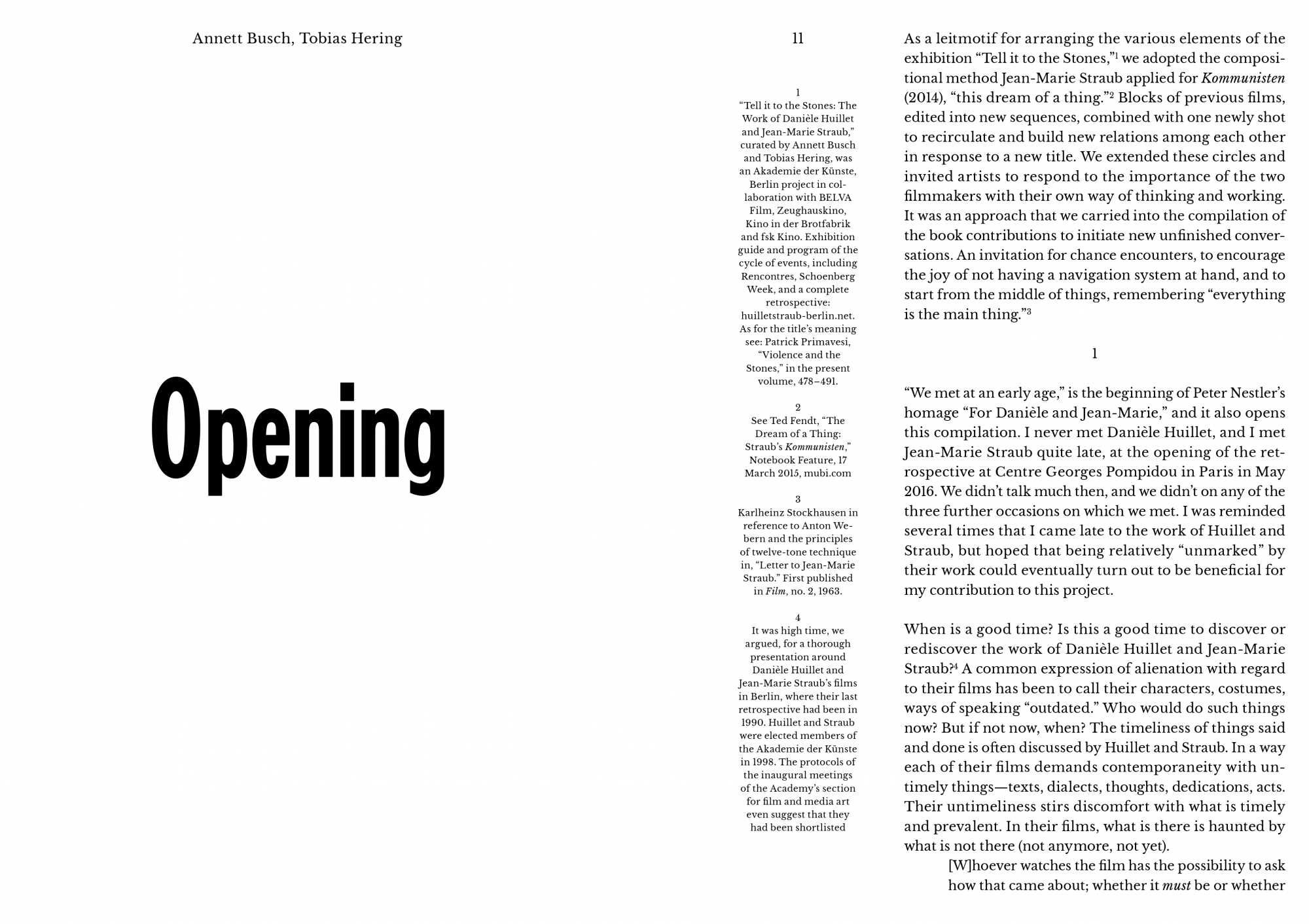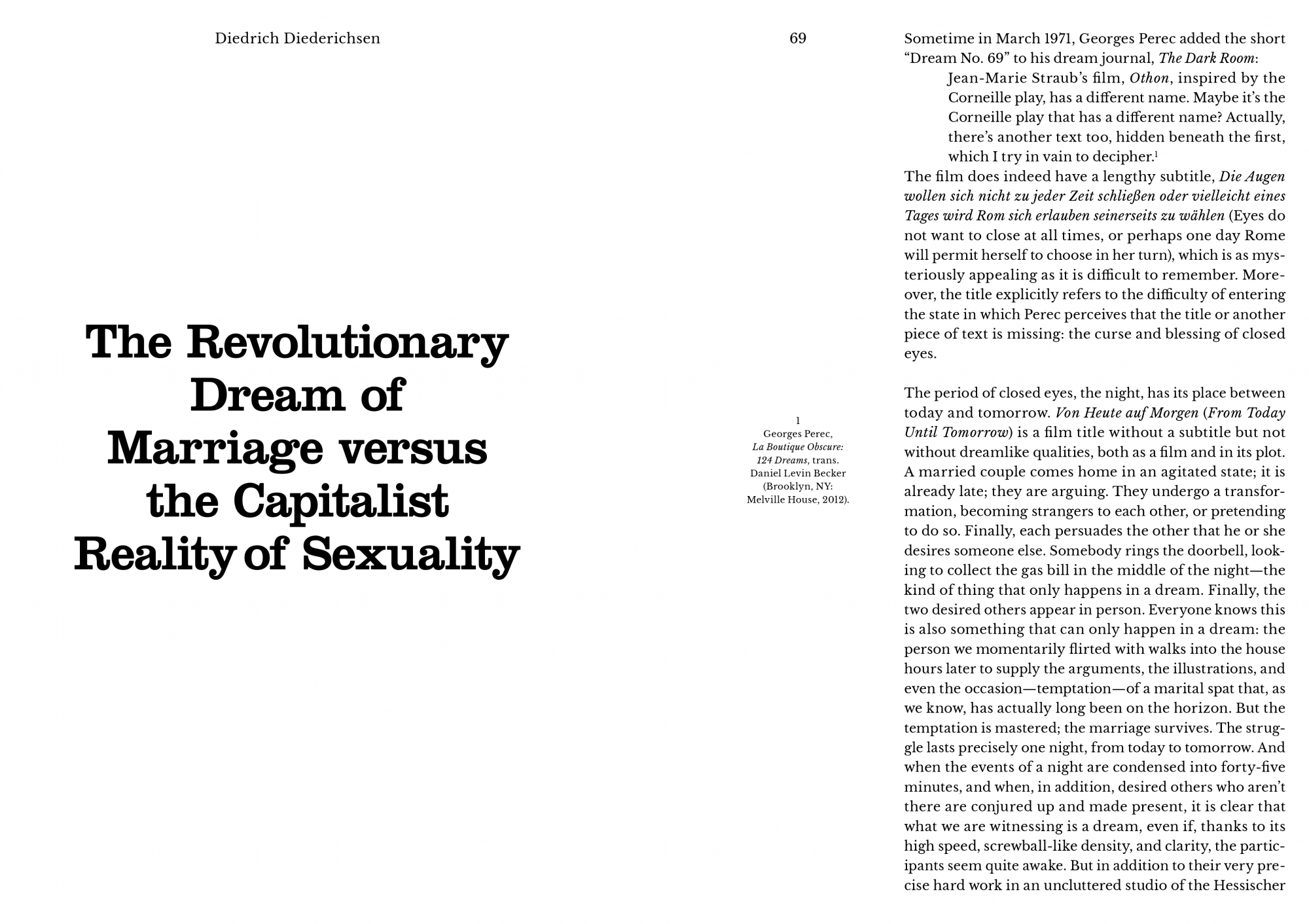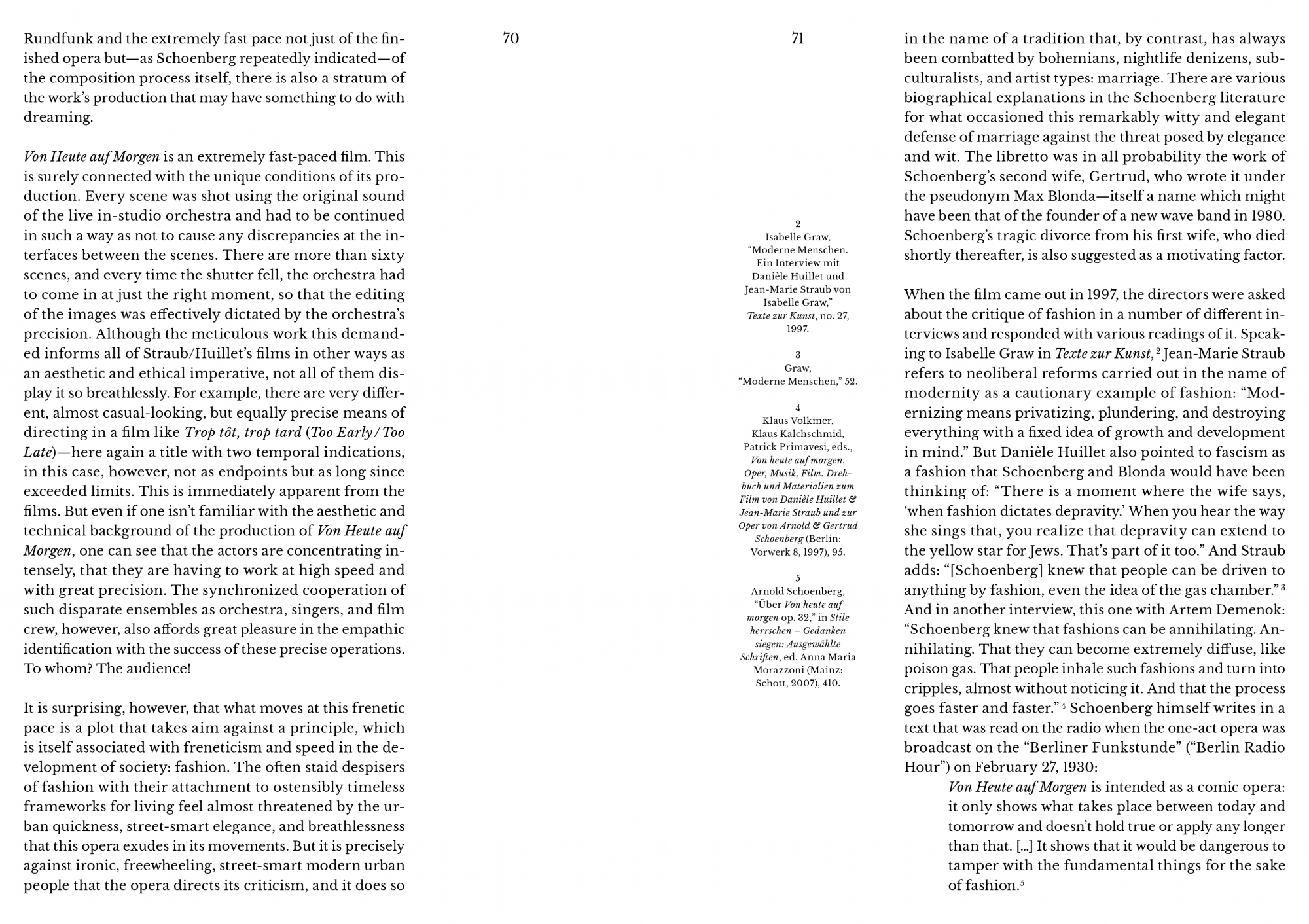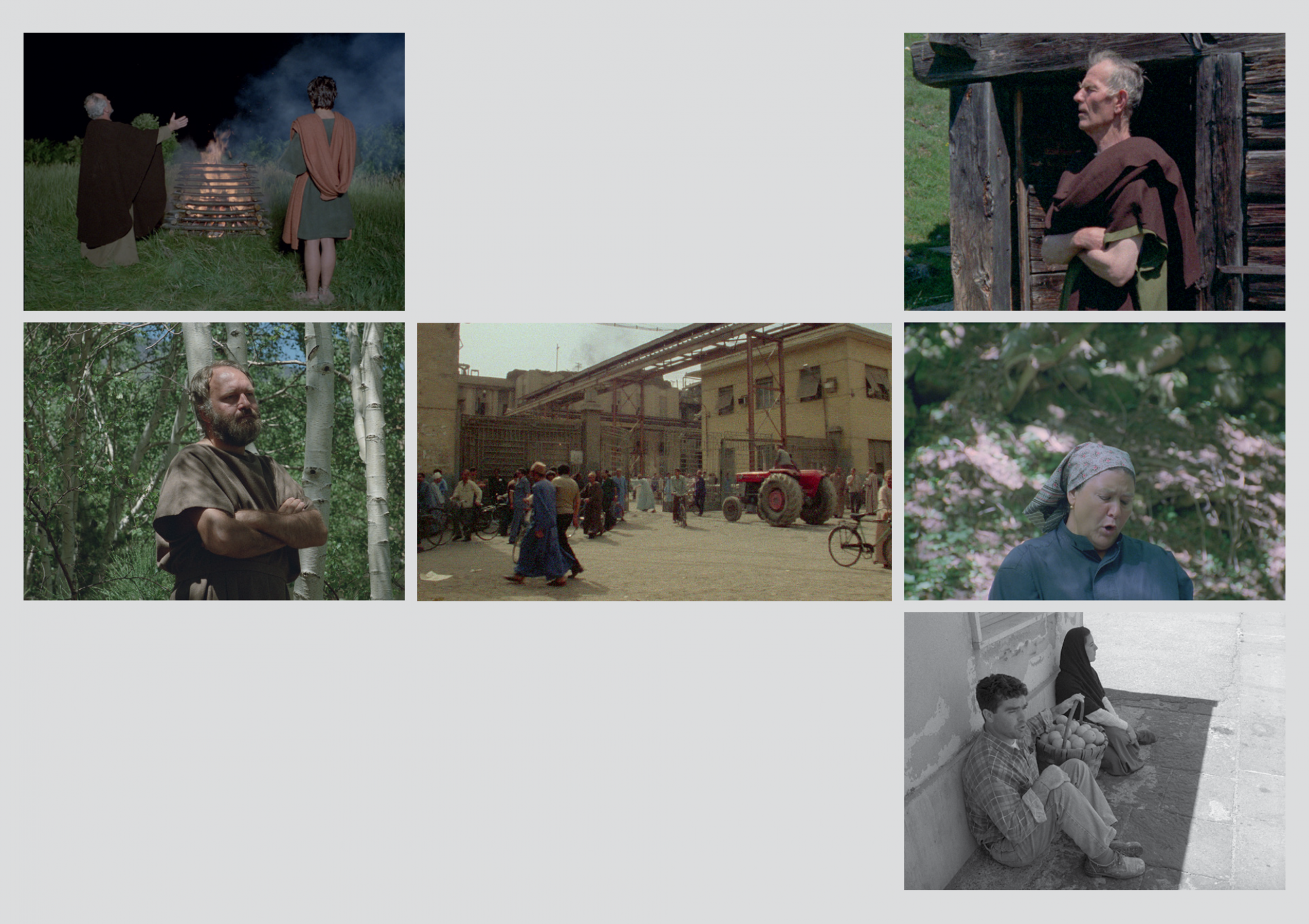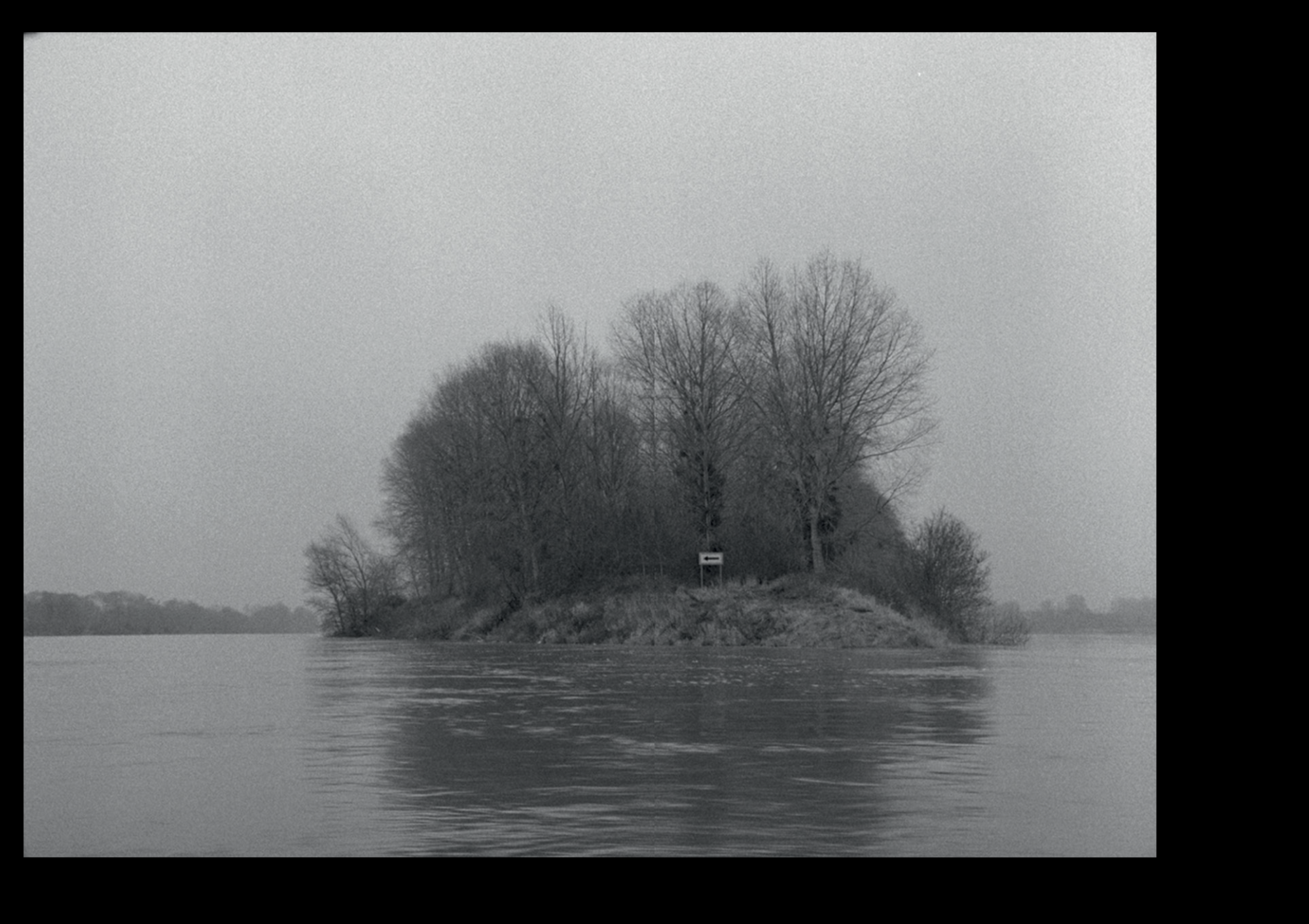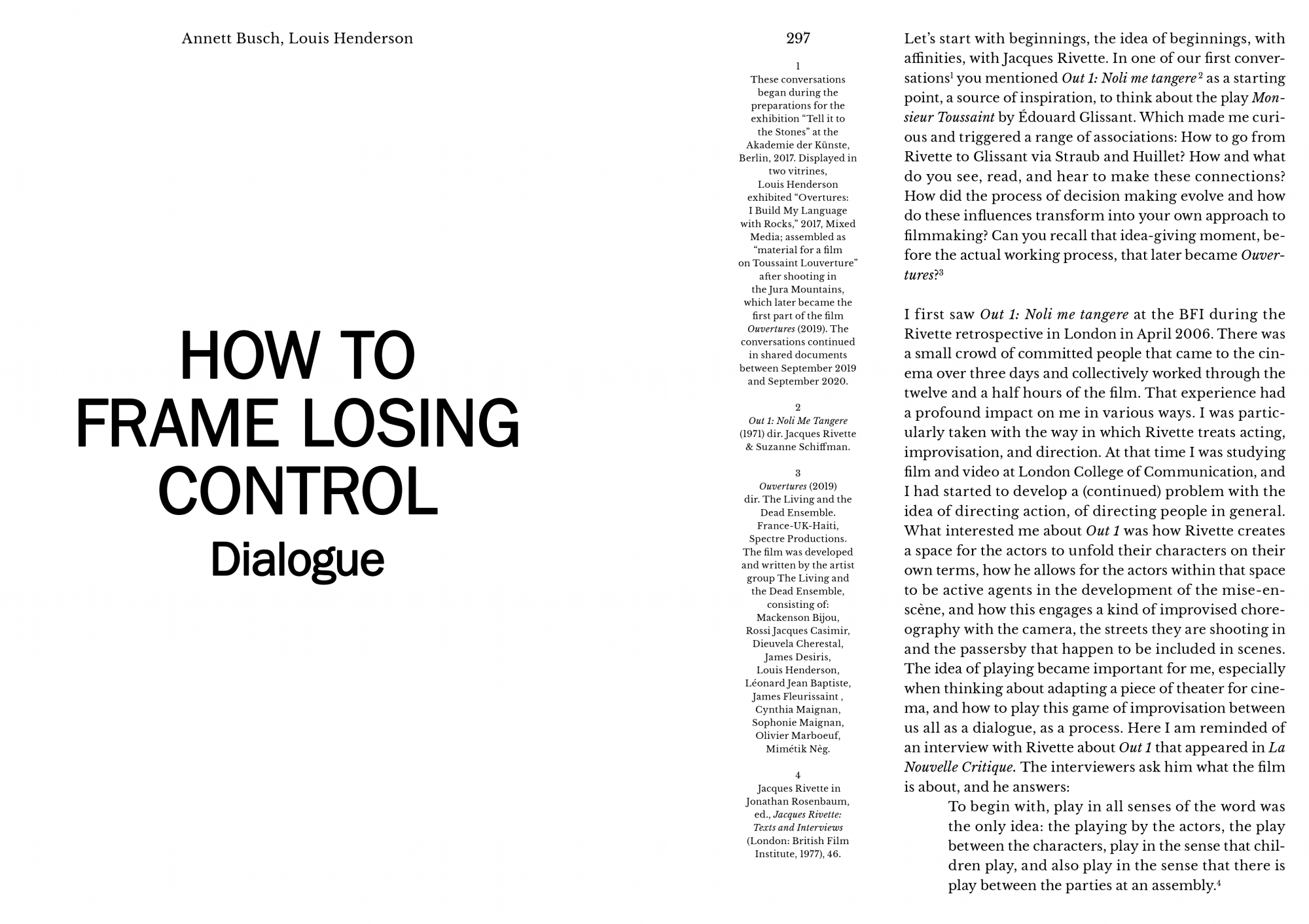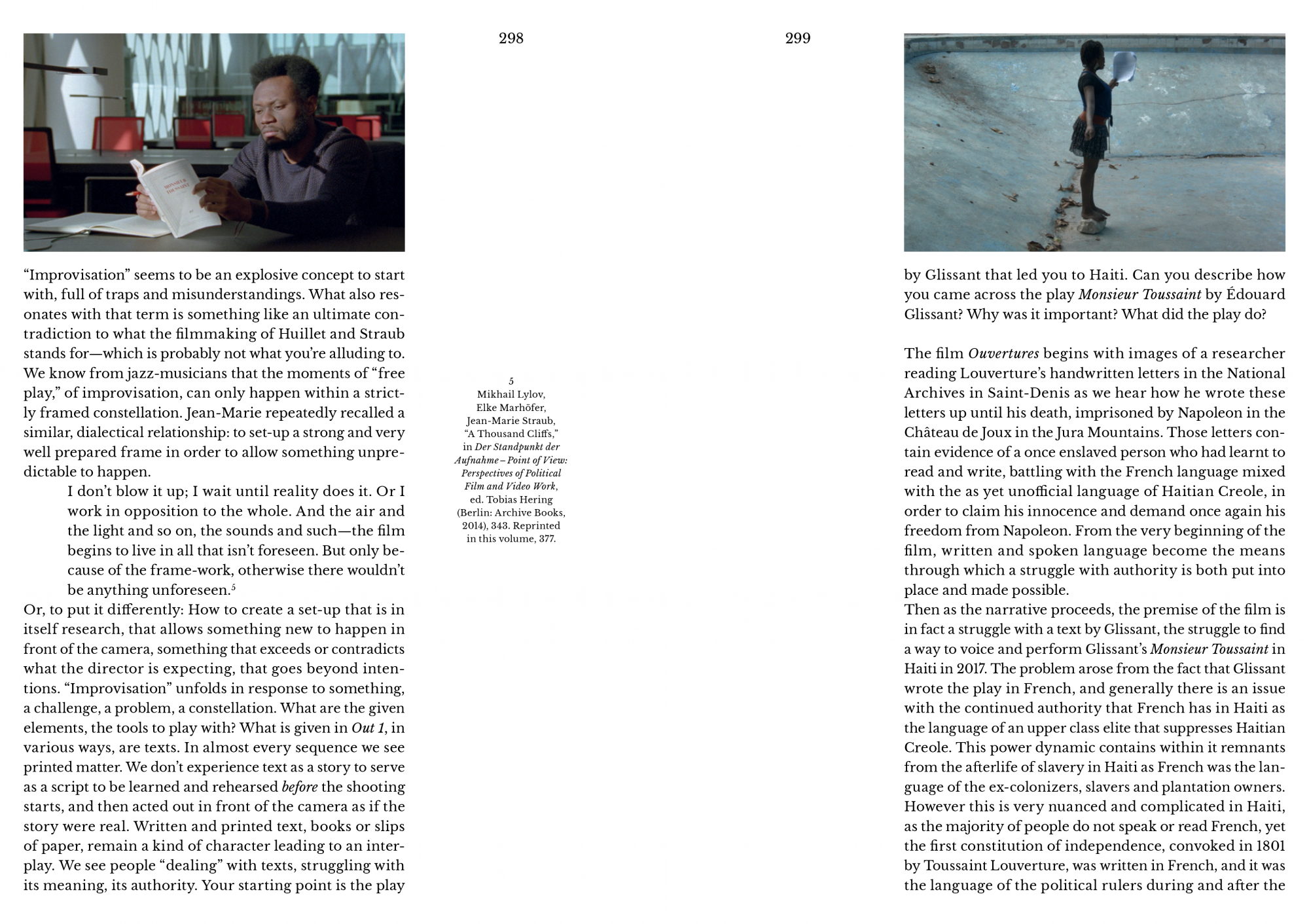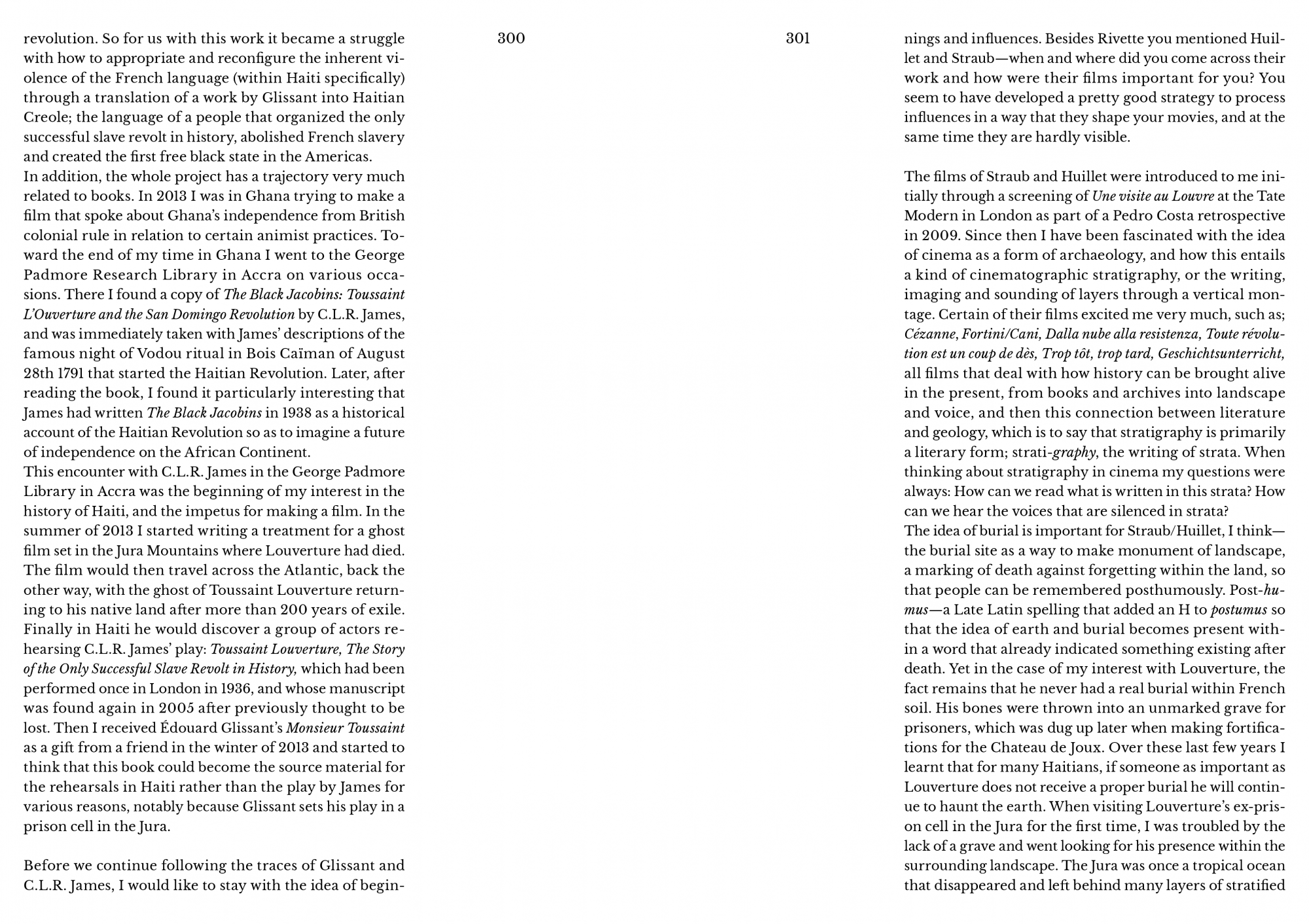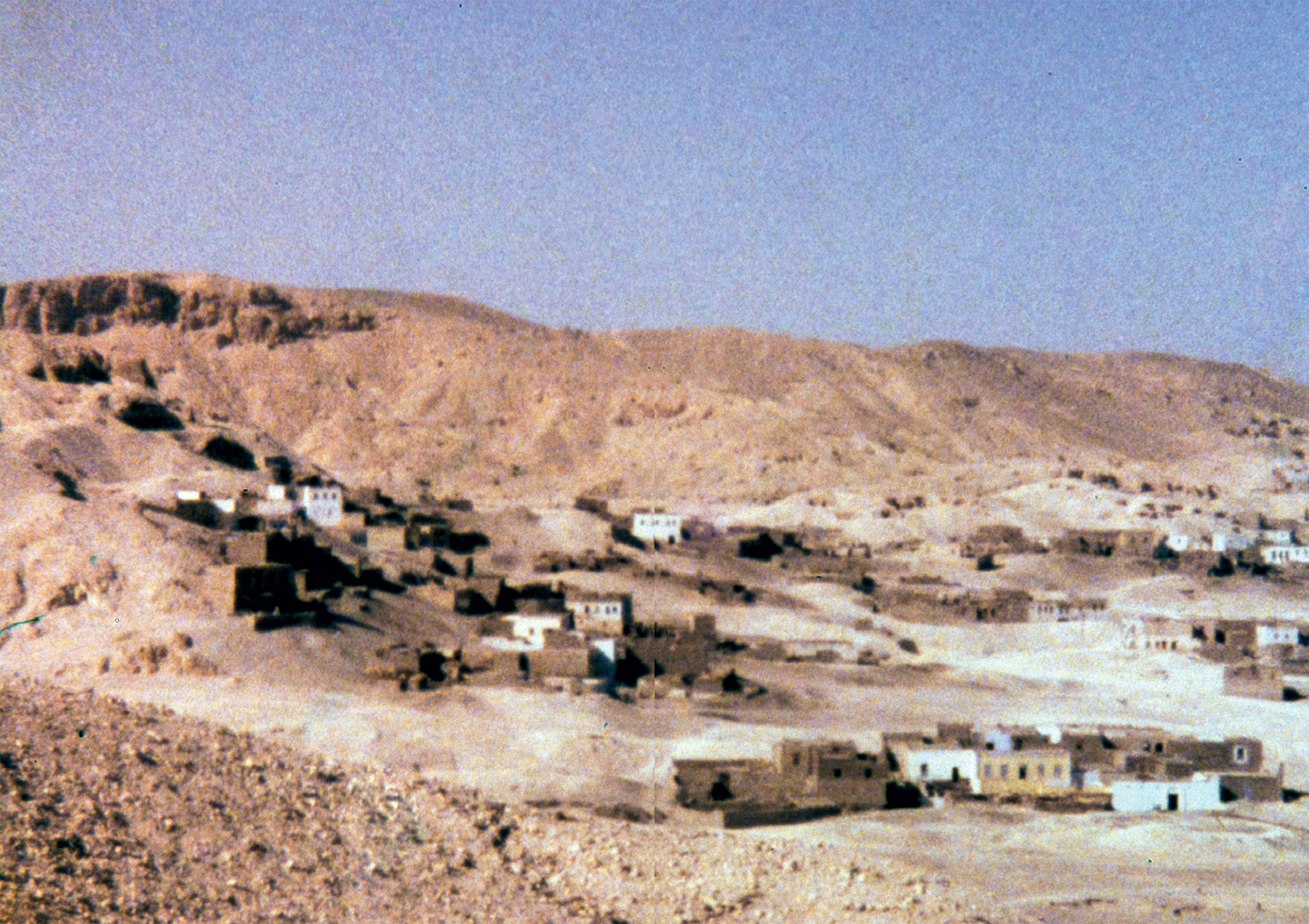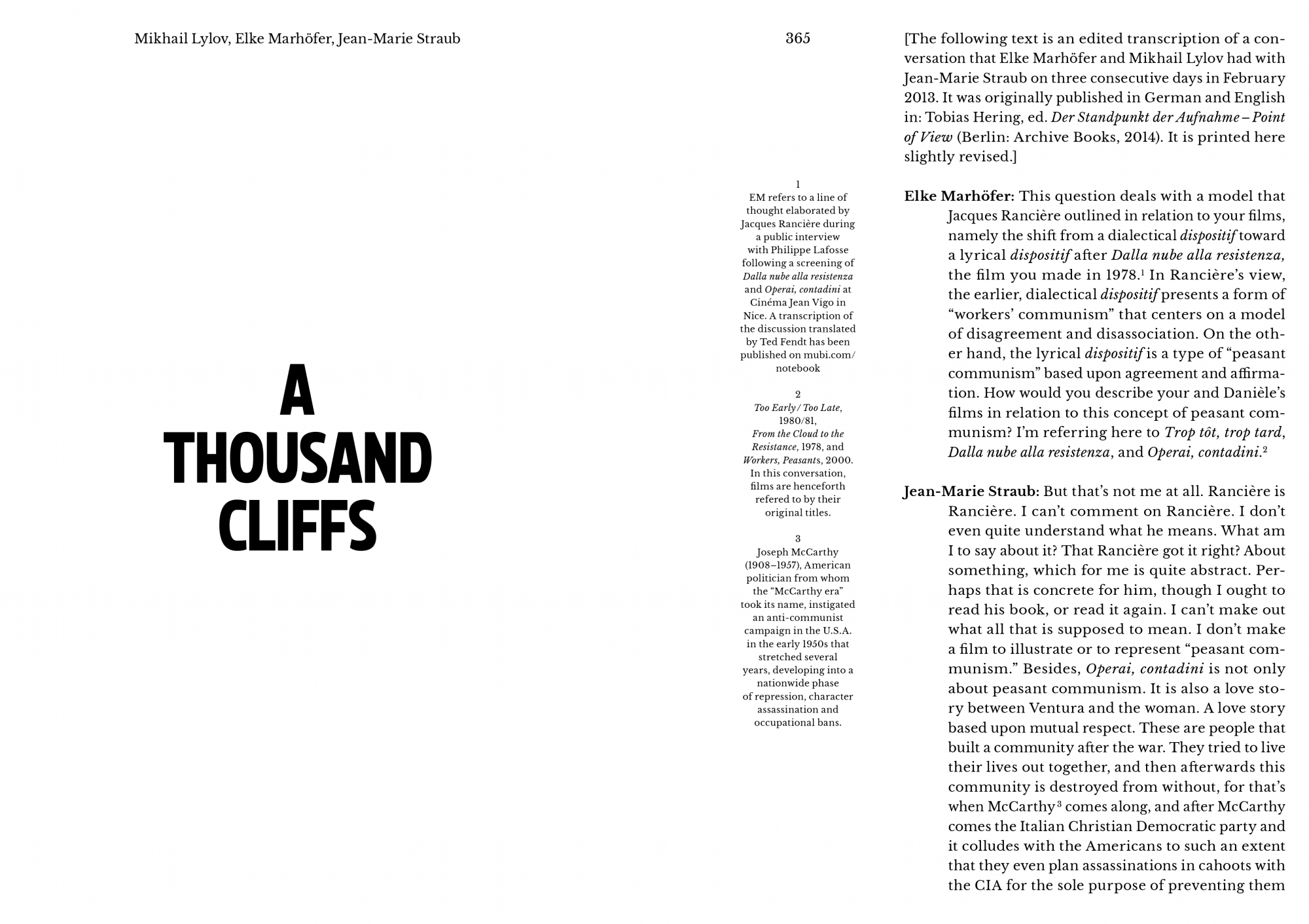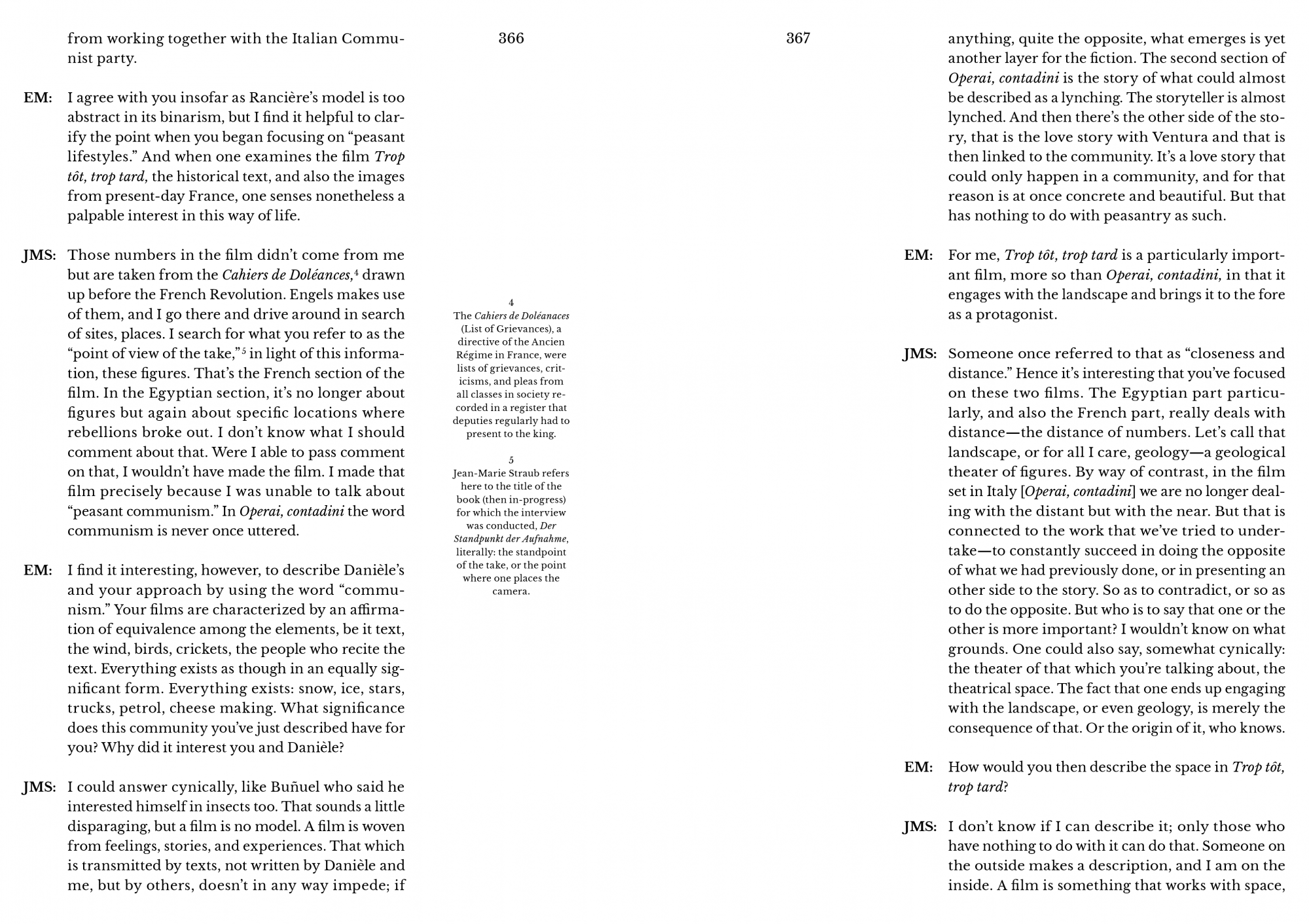Cart totals
| Subtotal | €26.00 |
|---|---|
| Shipping |
Shipping options will be updated during checkout. |
| Total | €32.81 (includes €2.71 VAT) |
| Subtotal | €26.00 |
|---|---|
| Shipping |
Shipping options will be updated during checkout. |
| Total | €32.81 (includes €2.71 VAT) |
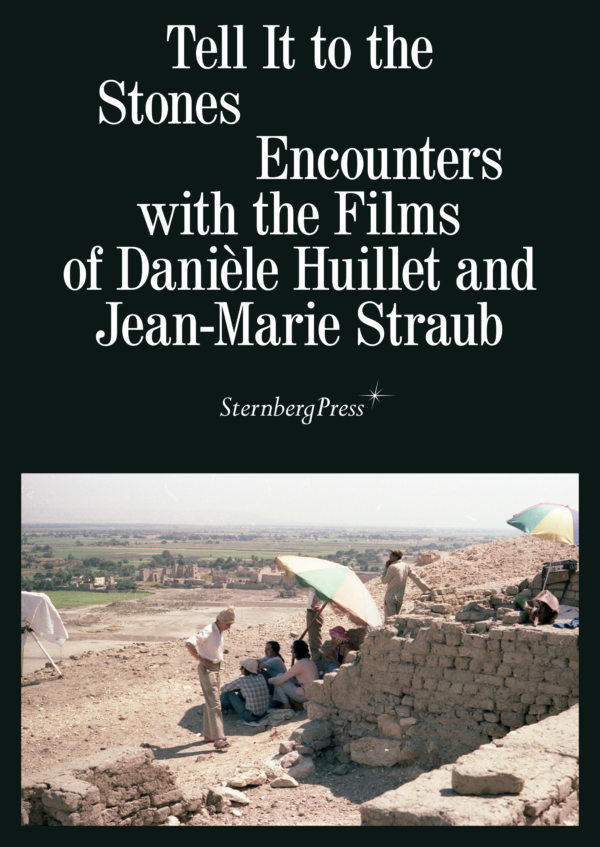
Danièle Huillet and Jean-Marie Straub remembered quite well their first meeting in Paris in November 1954, “because that was when the Algerian Revolution began.” They often recalled this date, one that was the beginning of their fifty-year collaboration still considered to be one of the most radical and controversial oeuvres in modern cinema.
Tell It to the Stones presents artistic and intellectual responses to Huillet and Straub’s filmmaking methods and body of work. The book stems from a prolonged public program presented at the Akademie der Künste, Berlin, consisting of concerts, public conferences, a three-month exhibition, and a complete cinema retrospective.
Contributing artists, scholars, filmmakers, and writers, some of whom were long-time collaborators of Straub and Huillet, as well as younger artists and writers from various disciplines call upon this collective experience in new texts, revised transcripts, conceptual essays, and visual montages—taking seriously what Huillet once requested from the audience: “to help us build the in-between.” This volume is not only concerned with a general appreciation of Straub and Huillet’s cinema practice but also recognizes their substantial contributions to other arts and political thought. Presented are new readings of their literary references―Sophocles, Hölderlin, Mallarmé, Kafka, Pavese, and Brecht, among others—and also musicological and philosophical reflections on their preoccupation with Arnold Schoenberg; essayistic excursions to sites of their films; critical acclaim of their unflinching yet often misunderstood political stances; close readings of some of their most influential and radical films enriched by insights into the processes of their production. Tell It to the Stones reanimates these encounters and emphasizes how Straub and Huillet’s oeuvre still matters today, perhaps more than ever.
